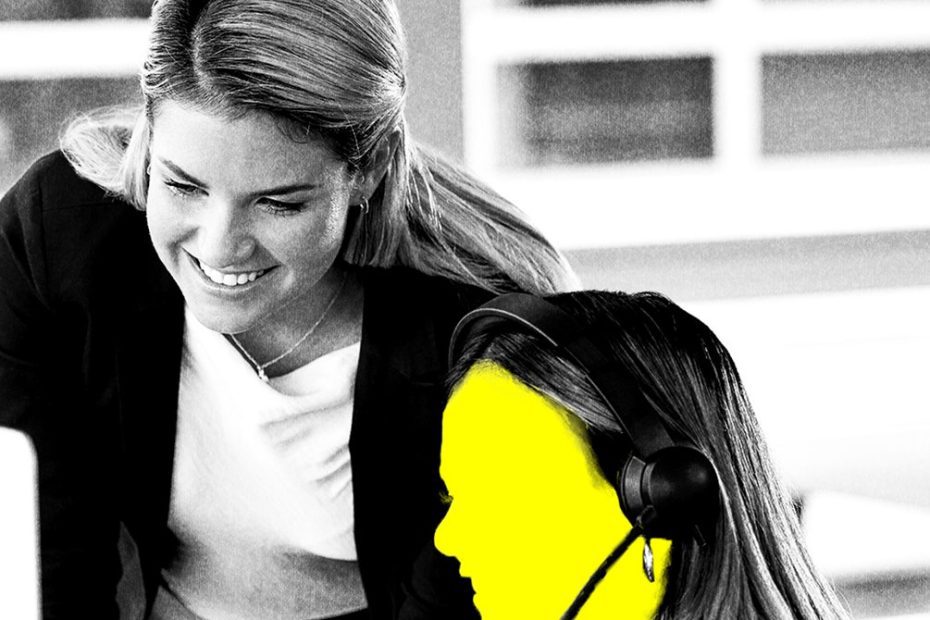Furthermore, he claims that Pearl is significantly less likely to provide disinformation than many other AI search engines – which he believes are likely to face a “tidal wave” of lawsuits based on the poor answers they provide. “These other players are building great technologies. I call them Ferraris or Lamborghinis,” says Kurtzig. “We build a Volvo – safety first.”
Of course, this pitch about Pearl's superiority made me want to try it even more. Kurtzig seemed so confident that Pearl would still enjoy Section 230 protection. I asked the AI if he agreed.
Pearl said it likely qualifies as an “interactive computer service” under Section 230, which would mean it would be protected from being treated as a publisher, just as Kurtzig suspected. But the AI continued: “Pearl's situation is unique because the company generates content using AI.” After all, it had no definitive answer for me.
When I asked to speak directly to a lawyer, I was referred to JustAnswer where I was asked to provide the answer I wanted to verify. I said I had to go back and copy the response because it was several paragraphs long, but when I navigated back to the Pearl website the conversation was gone and moved back to a new chat.
When I tried again, this time by opening the Pearl browser on the desktop, I got a similar uncertain response. I decided to do a human facts check; After a few minutes I received the TrustScore™: a paltry 3!
Pearl advised me to get some actual expert advice and refer me to the subscription page. I was given a login so I didn't have to pay while I tested the tool. It then put me in touch with one of its legal eagle experts.
Unfortunately, the lawyer's answers were no clearer than the AI's. He noted that there is an ongoing legal debate about how Section 230 will apply to AI search engines and other AI tools, but when I asked him to provide specific arguments, he gave an odd response, noting that “most use shell companies or associations to file documents. ”
When I asked for an example of such a shell company—quite confused as to what that had to do with a public debate about Section 230—the “legal eagle” asked if I wanted him to put together a package. Even more confused, I said yes. I got a pop-up window stating that my expert wanted to charge me an additional $165 to look up the information.
I refused, frustrated.
I then asked Pearl about the history of WIRED. The AI answer was useful, even though it's basically the same stuff you find on Wikipedia. When I asked for the TrustScore™, I was again confronted with a 3, indicating that this was not a good answer. I chose the option to connect with another human expert. This time it took a while for the expert to appear, possibly because it was a media question and not a simple legal or medical topic; more than twenty minutes. When he did, the expert (it was never determined what gave him his media bona fides, although his profile indicated he had worked with JustAnswer since 2010) gave me a remarkably similar answer to the AI. Since I was taking a free test it didn't matter, but I would have been annoyed if I actually paid the subscription fee just to get the same mediocre answer from both a human and an AI.
Before my last attempt at using the service, I asked a simple question: how can I refinish kitchen floors? This time everything went much smoother. The AI provided an adequate response, similar to a transcription of a very simple YouTube tutorial. When I asked the human expert to assign a TrustScore™, they gave it a 5. It certainly seemed accurate enough. But – as someone who really wants to finish the old pine planks in my kitchen myself – I think if I'm actually going to look for guidance, I'll rely on other online communities of human voices that don't charge $28 a month: YouTube and Reddit.
If you try Pearl or other newfangled AI search products and have an unforgettable experience, let me know how it went in the comments below the article. You can also reach me by email at kate_knibbs@CBNewz. Thanks for reading, and stay warm!

